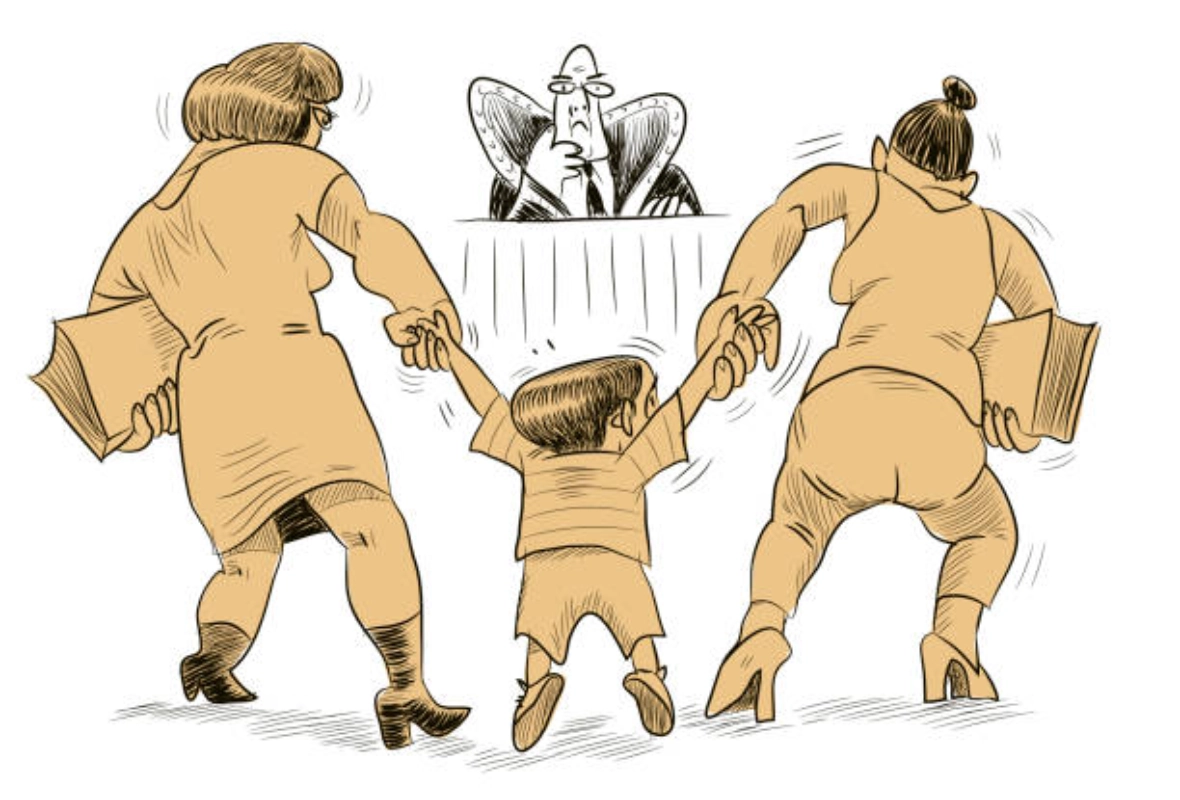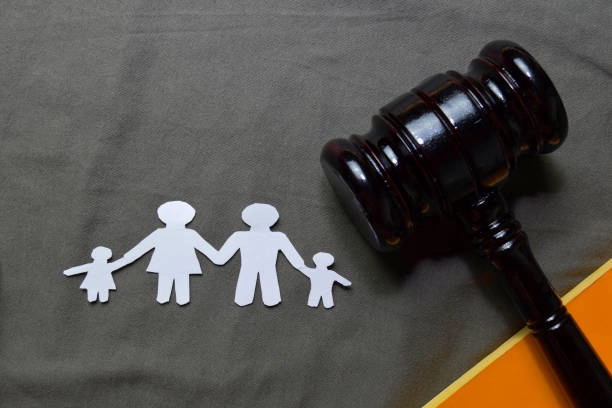How to Handle Child Custody Battles During a Divorce?

Child Custody Battles During Divorce: Key Strategies and Legal Insights
Child custody battles during a divorce can be one of the most emotionally taxing experiences for parents and children alike. These disputes involve legal arrangements for a child’s care, which significantly impact their well-being. To handle these challenges effectively, parents must prioritize their child’s best interests while being aware of their legal rights and responsibilities. This guide explores the types of custody, communication strategies, legal considerations, and emotional support tips to help parents navigate this complex process.Types of Child Custody
Child custody is typically divided into two main categories: legal custody and physical custody. Legal custody grants a parent the authority to make significant decisions about the child’s upbringing, including education, healthcare, and religious practices. Physical custody, on the other hand, determines where the child will live. Parents may opt for joint custody, where both share responsibilities, or sole custody, where one parent assumes primary care. The choice depends on the child’s needs and the parents’ ability to cooperate. For instance, joint custody often works well when both parents can maintain open communication and prioritize their child’s well-being. However, sole custody may be necessary in cases involving abuse or neglect. To ensure a smooth custody arrangement, parents should:- Document all interactions related to custody.
- Seek mediation to resolve disputes amicably.
- Consult a family law attorney for professional guidance.

Ready to connect with top legal professionals? Get immediate support— Call us at 877-550-8911.
The Role of Communication in Custody Disputes
Effective communication is the cornerstone of resolving child custody disputes. Open dialogue helps parents focus on their child’s best interests while minimizing misunderstandings and conflicts. Here are some strategies to improve communication:- Stay Calm: Avoid emotional outbursts and keep discussions level-headed.
- Be Clear and Concise: Articulate your thoughts without ambiguity.
- Use Neutral Language: Avoid phrases that may provoke defensiveness.
- Focus on the Child: Center conversations on the child’s needs rather than personal grievances.
Legal Considerations in Child Custody Battles
Navigating the legal aspects of child custody battles requires a clear grasp of your state’s custody laws. Most jurisdictions prioritize the best interests of the child, considering factors such as:- The child’s age and health.
- Emotional ties to each parent.
- The ability of each parent to provide a stable environment.
- Types of Custody: Understand the difference between physical and legal custody.
- Custody Arrangements: Be open to joint or sole custody based on your child’s needs.
- Documentation: Maintain detailed records of your involvement in your child’s life, as this can be crucial in court.
Strategies for Effective Co-Parenting
Co-parenting during and after a divorce requires commitment, communication, and focus on your child’s needs. Here are some strategies to help you navigate this challenging time:- Establish a Communication Plan: Use shared calendars or co-parenting apps to track schedules and appointments.
- Maintain Consistency: Stick to regular routines for meals, bedtimes, and activities to provide stability.
- Be Flexible: Adapt to changes, especially during holidays or special occasions.
- Prioritize Emotional Health: Encourage open dialogue with your child about their feelings and reassure them of your love.
Emotional Support for Children During Custody Battles
Child custody battles can take a toll on children, often leaving them feeling confused, sad, or anxious. To support your child during this time:- Encourage Open Communication: Let your child express their feelings without fear of judgment.
- Provide Stability: Maintain consistent routines for school, activities, and family time.
- Offer Reassurance: Remind your child that both parents love them and will remain involved in their lives.
Mediation as a Tool for Resolving Custody Issues
Mediation offers a less adversarial approach to resolving child custody disputes. This collaborative process reduces stress and fosters a more amicable relationship between parents. A neutral mediator facilitates discussions, helping parents identify key issues and work toward solutions. Mediation covers various aspects of custody, including:- Physical and legal custody arrangements.
- Visitation schedules.
- Decision-making responsibilities.

Common Mistakes to Avoid in Custody Battles
To navigate custody battles effectively, avoid these common mistakes:- Neglecting the Child’s Best Interests: Courts prioritize arrangements that serve the child’s welfare.
- Failing to Document Interactions: Keep detailed records of communications and parenting time.
- Making Negative Comments About Your Ex: This can create emotional distress for your child and harm your case.
- Underestimating Legal Representation: An experienced attorney can significantly influence the outcome.
Resources and Support Systems for Parents
Parents facing custody challenges can access numerous resources and support systems:- Local Family Courts: Provide information on custody laws and procedures.
- Support Groups and Counseling Services: Offer emotional support and practical advice.
- Legal Aid Services: Assist parents who cannot afford private representation.
- Online Resources: Forums and informational websites provide additional guidance.
FAQs
1. What factors do courts consider in child custody cases? Courts prioritize the child’s best interests, considering factors like age, health, emotional ties to parents, and the ability to provide a stable environment. 2. How can mediation help in custody disputes? Mediation offers a collaborative approach, reducing stress and fostering amicable solutions tailored to the family’s needs. 3. What is the difference between legal and physical custody? Legal custody involves decision-making authority, while physical custody determines where the child lives. 4. How can parents support their children during custody battles? Parents should encourage open communication, maintain consistent routines, and seek professional counseling if needed. 5. What are the benefits of joint custody? Joint custody allows both parents to share responsibilities, promoting a sense of stability and cooperation for the child.Don’t wait to secure the legal representation you deserve. Visit Legal Case Review today for free quotes and tailored guidance, or call 877-550-8911 for immediate assistance.


